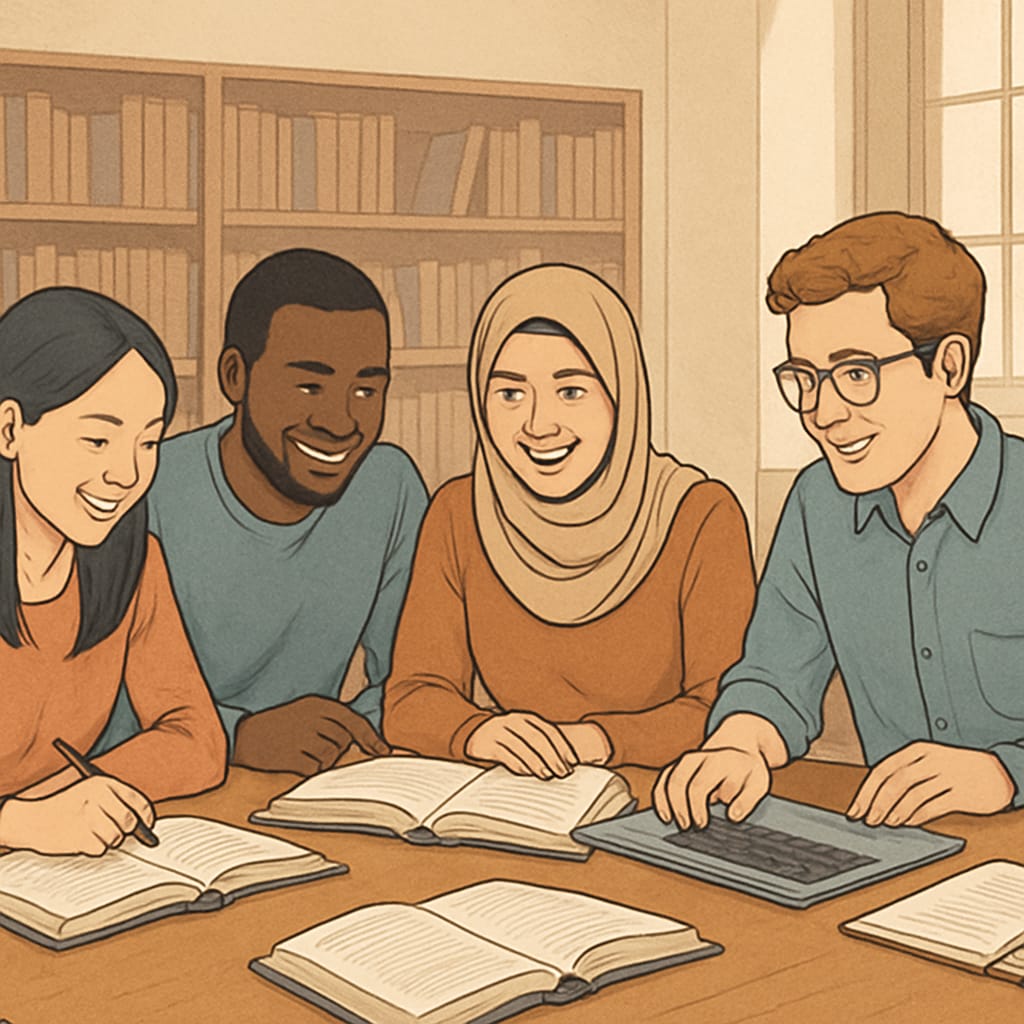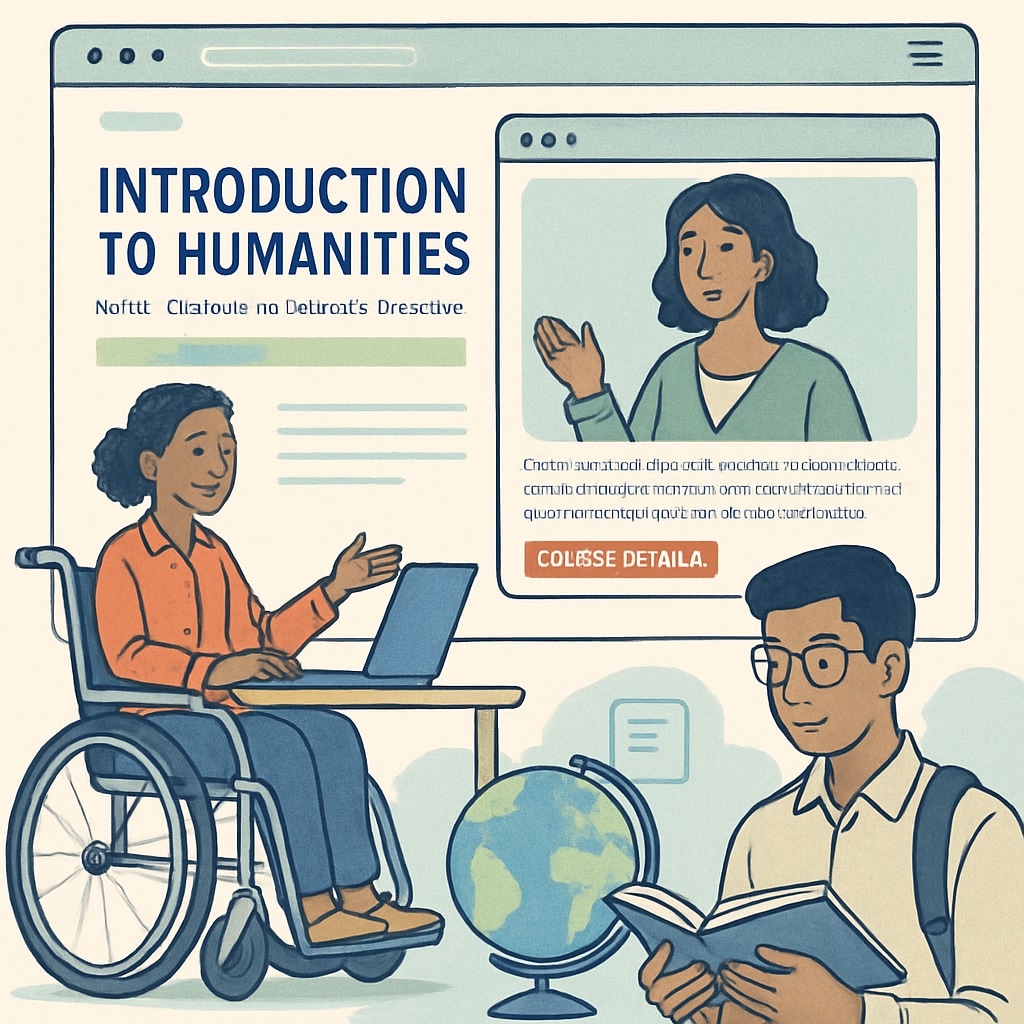For international adult students transitioning into Western education systems, gaps in foundational humanities knowledge can pose significant challenges. These gaps often lead to struggles in academic performance and cultural adaptation. Addressing these barriers requires tailored educational resources and strategies that foster cultural understanding and academic growth. This article explores practical solutions to bridge the knowledge gap and support international adult learners.
Understanding the Knowledge Gap in Humanities Education
Humanities education often forms the backbone of Western academic systems, encompassing subjects such as history, literature, philosophy, and cultural studies. For international students, particularly adults who may have completed their earlier education in non-Western contexts, these topics may be unfamiliar or approached differently. This disparity can create a “knowledge gap,” leaving students feeling unprepared and isolated.
For example, Western history courses may emphasize events, figures, and ideologies that are less prominent in other regions’ curricula. Similarly, Western literature often assumes familiarity with cultural references, idioms, and historical contexts that may not be accessible to all students. Without adequate support, these gaps can hinder understanding and participation in classroom discussions and assignments.

Practical Strategies for Bridging the Gap
To effectively address the challenges posed by humanities knowledge gaps, both educators and students can adopt practical strategies. Below are some actionable recommendations:
- Supplemental Reading Materials: Encourage students to explore introductory textbooks, online articles, and summaries focusing on key humanities concepts. Websites like Britannica and Wikipedia offer accessible overviews of major topics.
- Workshops and Study Groups: Facilitate peer-led workshops or study groups where international students can collaboratively explore humanities topics, share perspectives, and ask questions without judgment.
- Online Courses: Platforms such as Coursera, edX, and Khan Academy offer free or affordable courses tailored to foundational humanities subjects, enabling self-paced learning.
- Language and Context Support: Provide glossaries or annotated texts to help students grasp cultural references, idioms, and historical contexts embedded in the curriculum.
These strategies not only build knowledge but also foster confidence and cultural adaptation, enabling students to engage more effectively in academic settings.

The Role of Educators in Supporting Adult Learners
Educators play a crucial role in helping international adult students bridge humanities knowledge gaps. By adopting inclusive teaching methods, they can create a more supportive learning environment. Here are some approaches educators can consider:
- Contextualized Teaching: Relate course material to diverse cultural contexts, ensuring that examples and case studies resonate with international students.
- Open Communication: Encourage students to voice their concerns and ask questions about unfamiliar topics, fostering an atmosphere of mutual understanding.
- Assessment Flexibility: Design assessments that account for diverse backgrounds, allowing students to demonstrate their understanding in ways that align with their experiences.
By taking these steps, educators can help students not only overcome knowledge gaps but also develop a deeper appreciation for humanities education as a tool for cultural and intellectual growth.
Embracing Lifelong Learning in Humanities
For international adult students, bridging humanities knowledge gaps is not just about academic success—it’s also about embracing lifelong learning. Engaging with humanities subjects helps students develop critical thinking, empathy, and a broader worldview. These skills are invaluable not only in academic settings but also in personal and professional life.
As a result, international students who actively seek out educational resources and cultural experiences position themselves for success both within and beyond the classroom. Ultimately, the journey of learning humanities is one of personal growth and cross-cultural understanding.
In conclusion, addressing humanities knowledge gaps among international adult students requires a collaborative effort from educators, institutions, and the students themselves. With the right resources and strategies, these learners can navigate the complexities of Western education systems and thrive academically and culturally.


